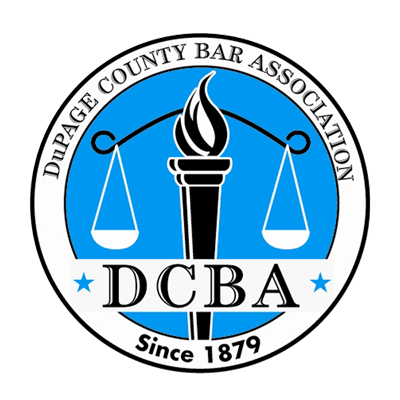
“The sobering fact for 20-year-olds is that more than 1-in-4 of them becomes disabled before reaching retirement age.” – Social Security Disability Facts
If you’ve been injured on or off the job and you’re able to work—but not doing the same job you were doing before and not making as much money—you may be eligible to receive partial disability benefits.
Individuals who find themselves in this position are suddenly confronted with a dizzying array of terms, agencies, laws, and procedures to sort through. To help you begin to make sense of it all, the experienced attorneys at Cullotta Bravo Law Group have put together answers to some of the most often-asked questions about partial disabilities.
What is Partial Disability?
If you’re able to work or perform daily tasks to some degree but not to the degree you were previously able, you may have a partial disability.
Who Administers Partial Disability Benefits?
Illinois state disability benefits don’t cover temporary medical conditions caused by off-the-job injuries or illnesses. You would need to seek benefits through your insurance company.
The State of Illinois does administer two programs that address work-related and permanent medical conditions: Workers’ Compensation and Social Security.
The Illinois Workers’ Compensation Commission manages the Temporary Partial Disability and Permanent Partial Disability benefits programs.
What is a Temporary Partial Disability (TPD)?
According to the Illinois Workers’ Compensation handbook, TPD benefits might be paid by the employer to an injured employee while they’re recovering and working, full- or part-time, but earning less than they were before the accident. The payments would continue until the employee has recovered as much as they possibly can (known as “reaching maximum medical improvement”).
Is Temporary Partial Disability (TPD) the Same as Short-Term Disability?
No, the difference lies in whether you were hurt on or off the job:
- TPD applies when the accident or illness that caused your disability occurred while you were working.
- Short-term disability insurance covers temporary medical conditions (lasting less than one year) that occurred due to an accident or illness that occurred when you were not working.
What is a Permanent Partial Disability?
Permanent partial disability (PPD) benefits would apply to an employee who was injured and suffered complete or partial loss of a body part, use of a body part, or use of their entire body.
Are All PPDs the Same?
According to the Commission, PPDs fall into four categories:
- Wage differential: When an injured employee can’t return to that job because of their injury, and the job they are able to do pays less than their old job.
- Schedule of injuries: The Illinois Workers’ Compensation Act assigns a value for the loss of certain body parts and dictates how many weeks of PPD benefits an employee can receive for each. For example, if you lost your thumb, you may get 76 weeks; if you lost hearing in both ears, you may get 215 weeks; and so on.
- Non-schedule injuries: For injuries not listed that still represent a loss to the employee.
- Disfigurement: When an injury causes serious and permanent disfigurement.
Is it True That My Initial Claim Will Automatically Be Denied?
There’s no rule that states disability claims will be denied the first time, but it’s easy to see how this myth got started. In Illinois, you only have about a 30 percent chance of success if you file your claim on your own. With the assistance of an experienced attorney, your chances jump to about 50 percent. According to the SSA Resource Center, hiring a personal injury attorney who has helped thousands of people get the disability benefits they deserve will greatly improve your chances for success.
Personal Injury Attorneys in Aurora and Chicago, Illinois
If you were injured in an accident, are unable to fully return to work, and you need representation, don’t hire just any lawyer. You need an attorney with extensive experience in partial disability claims. The attorneys at the Cullotta Bravo Law Group have a proven record of success in the claims arena. Contact us today either online or by calling 630-898-7800 to schedule your free consultation. If we don’t help settle your case, you won’t have to pay any attorney fees.





